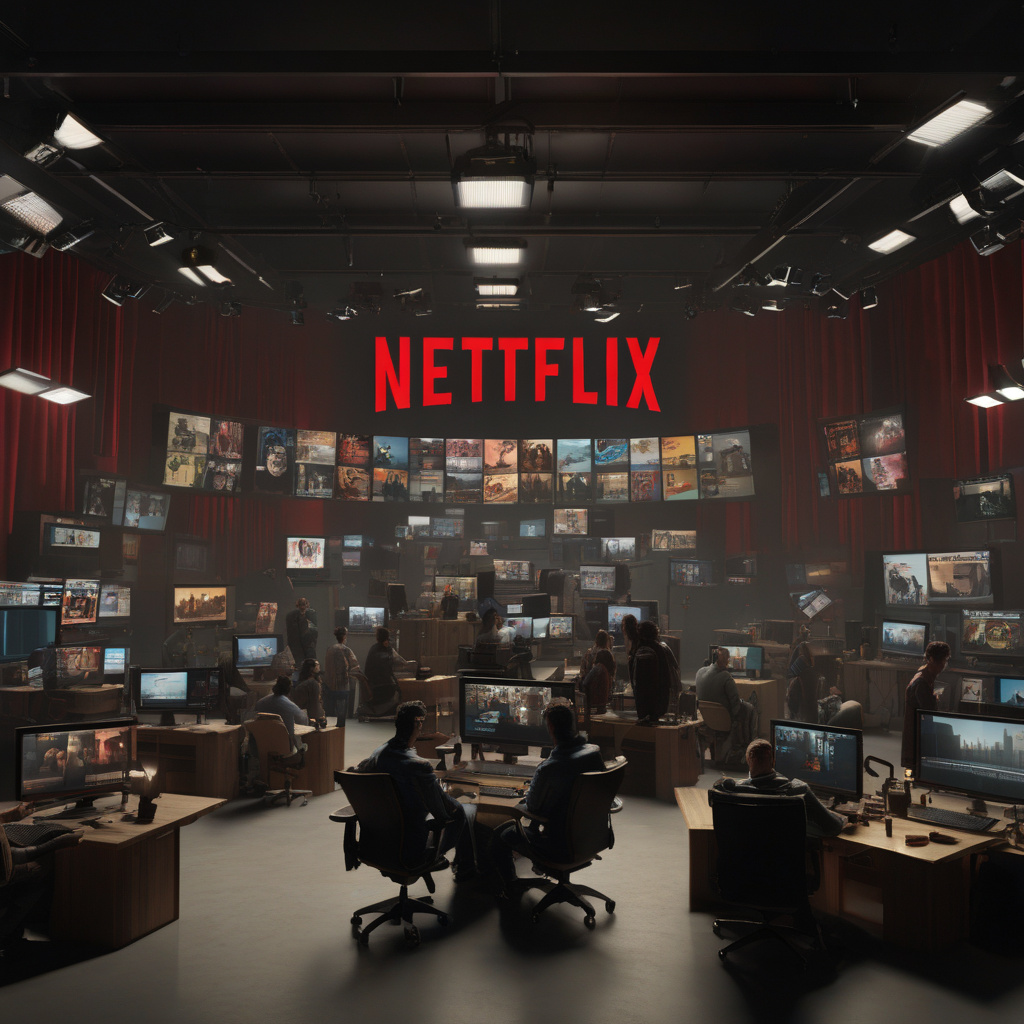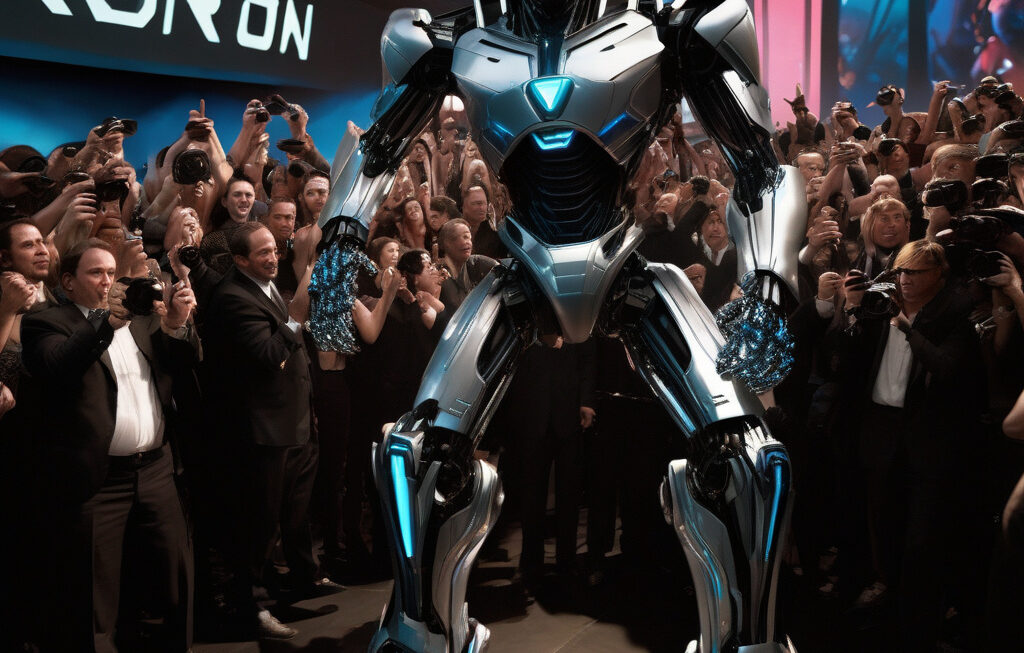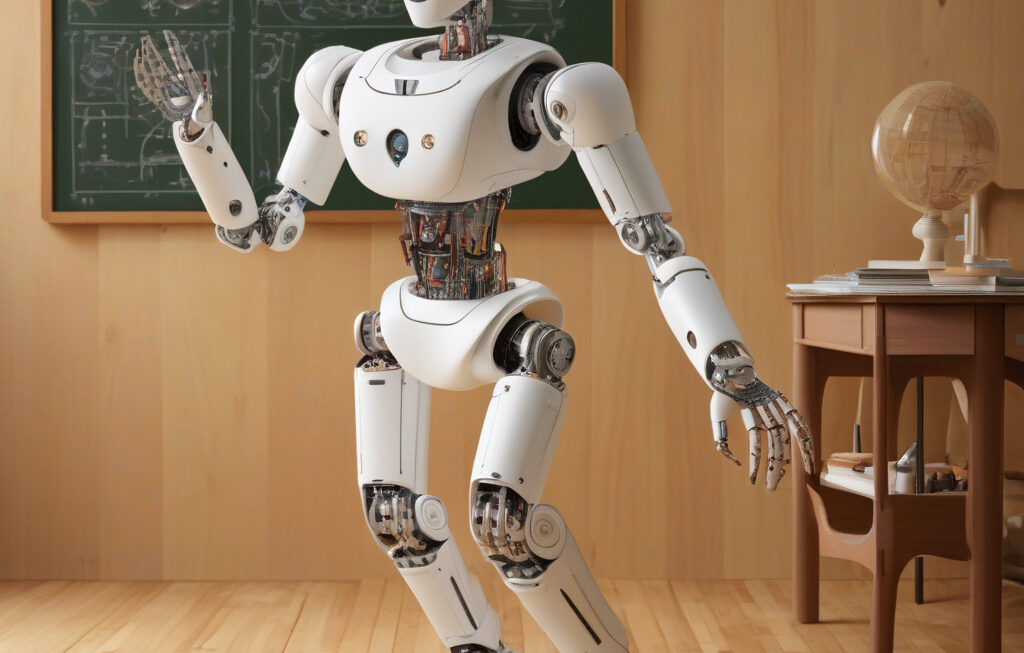Netflix Takes a Stand: Limiting AI Use in Productions to Uphold Copyright and Union Labor Standards
In a bold move that sets a precedent for the entertainment industry, Netflix has recently announced new rules that restrict the use of generative artificial intelligence (AI) in its productions. The streaming giant has made it clear that AI algorithms will not be permitted to replicate copyrighted work or replace union labor on Netflix shows. This decision marks a significant shift in how technology is integrated into the creative process and underscores Netflix’s commitment to upholding copyright laws and labor standards.
The decision to limit the use of generative AI in Netflix productions comes at a time when AI technologies are becoming increasingly sophisticated and prevalent in various industries. While AI has the potential to streamline production processes, reduce costs, and enhance creative capabilities, it also raises important ethical and legal considerations. By implementing these new rules, Netflix is taking a proactive approach to address these concerns and ensure that AI is used responsibly and ethically in its content creation.
One of the key reasons behind Netflix’s decision is to protect copyrighted material and prevent AI algorithms from reproducing existing content without permission. Copyright infringement is a serious issue in the entertainment industry, and AI poses new challenges in this regard. By prohibiting generative AI from replicating copyrighted work, Netflix is sending a clear message that originality and creativity are paramount in its productions.
Moreover, Netflix’s decision to safeguard union labor in its productions is a commendable step towards supporting the rights and livelihoods of workers in the entertainment industry. As AI technologies advance, there is a growing concern that automation could lead to job displacement and undermine the role of human workers. By setting limits on the use of AI in its shows, Netflix is demonstrating its commitment to upholding labor standards and preserving the human element in creative endeavors.
While some may view Netflix’s move as a limitation on technological innovation, it is important to recognize the broader implications of unrestricted AI use in content production. Without proper regulations and guidelines, AI could potentially erode the creative process, homogenize content, and displace human workers. By imposing restrictions on generative AI, Netflix is striking a balance between technological advancement and creative integrity, ensuring that innovation serves the interests of both creators and audiences.
The implications of Netflix’s decision extend beyond its own platform and are likely to influence the broader entertainment industry. As one of the leading streaming services globally, Netflix wields significant influence and sets trends that other companies may follow. By taking a stand on AI use in productions, Netflix is prompting industry-wide discussions on the ethical and legal implications of integrating technology into creative processes.
In conclusion, Netflix’s decision to limit the use of generative AI in its productions represents a proactive step towards upholding copyright and labor standards in the entertainment industry. By setting clear boundaries on AI capabilities, Netflix is prioritizing originality, creativity, and human labor in its content creation. As technology continues to evolve, it is essential for companies to establish ethical guidelines that ensure the responsible use of AI and preserve the essence of storytelling. Netflix’s new rules serve as a model for the industry, emphasizing the importance of maintaining a balance between innovation and integrity in content production.
Netflix, AI, Copyright, Labor Standards, Entertainment Industry












